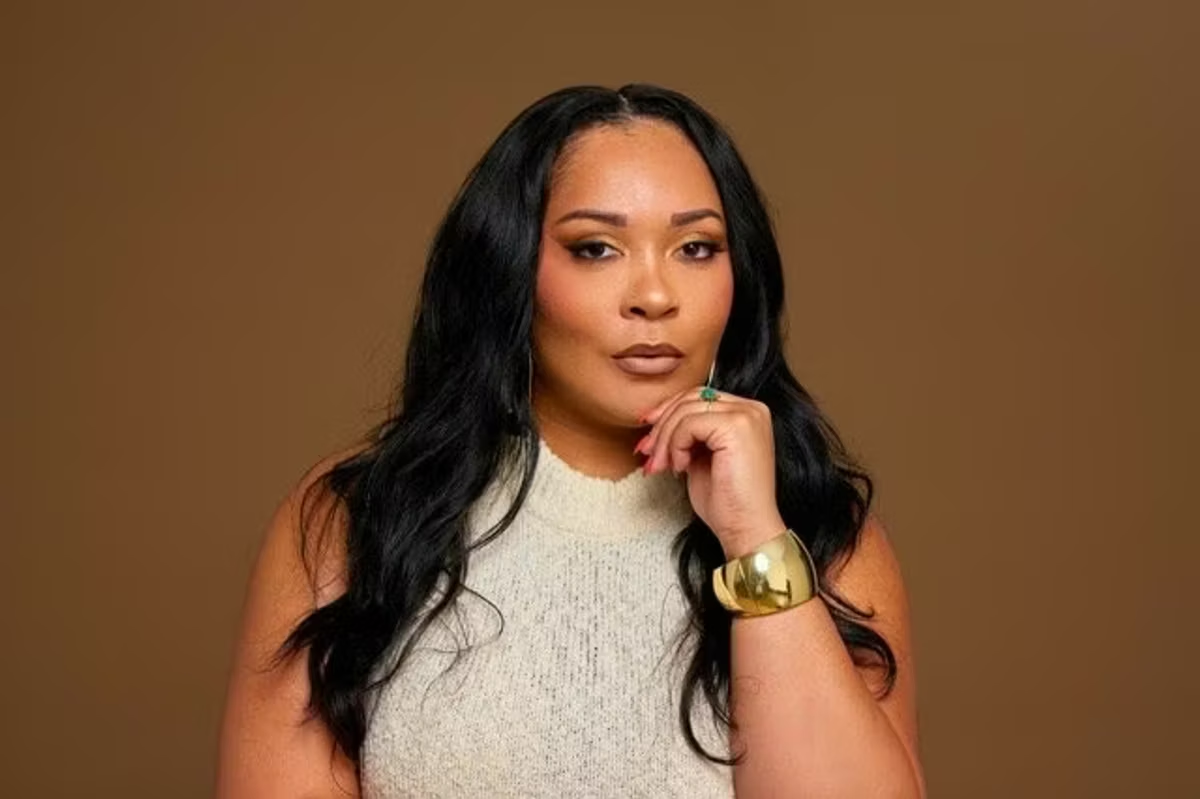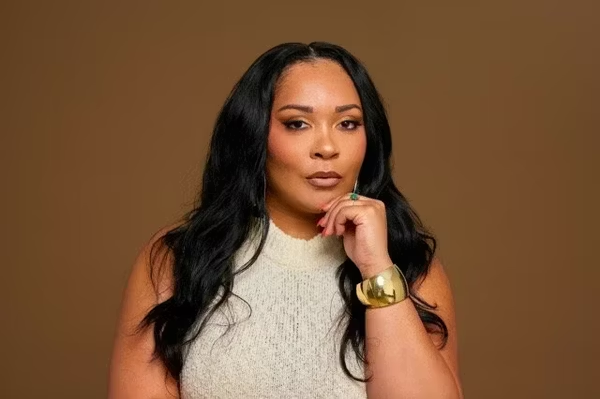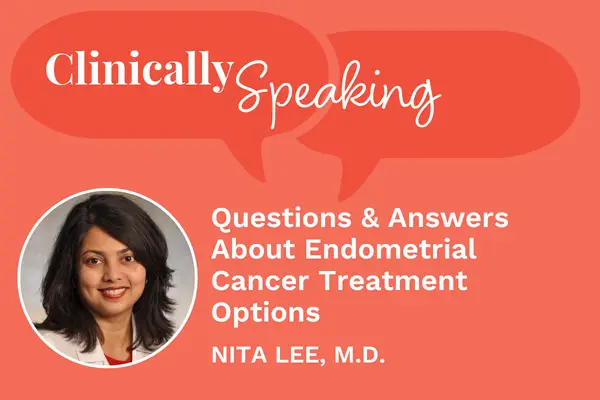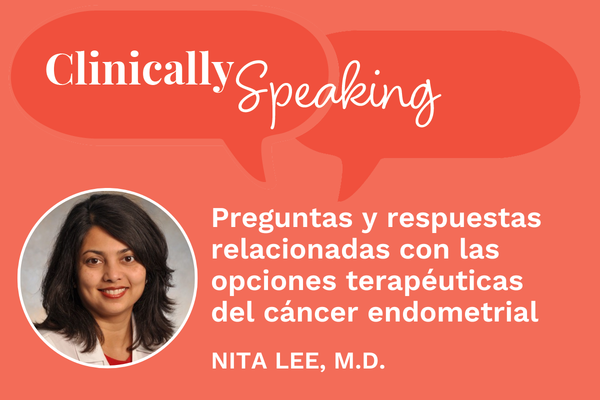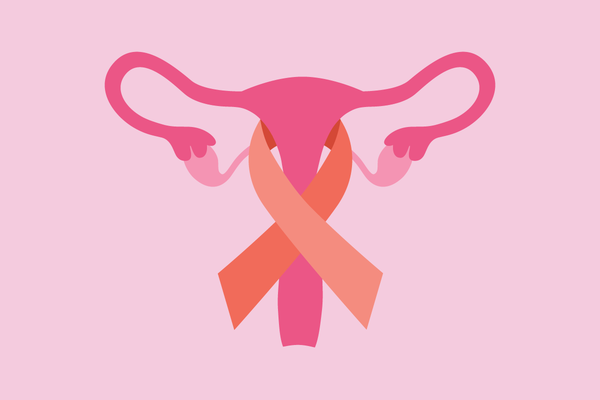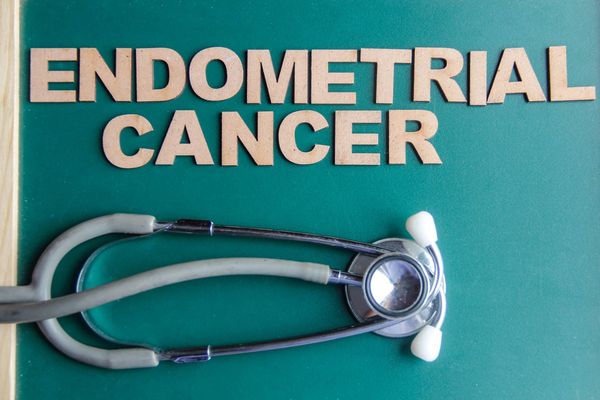As told to Shannon Shelton Miller
September is Gynecologic Cancer Awareness Month.
I was at work in February 2019 when my OB-GYN called me and asked if I could step away for a moment.
“I’d rather not do this over the phone, but it’s pretty serious,” she said. “You have endometrial cancer, stage 1, and I’m going to refer you to an oncologist.”
I was in shock. I was just 24, and while I'd experienced issues for most of my teenage and young adult years related to my reproductive cycle, I never imagined I’d be diagnosed with cancer.
Since high school, I’d always had irregular periods, sometimes lasting 10-12 days. In college, I started experiencing excessive weight gain, acne and facial hair. After seeing a campus doctor and my primary care physician, I still only received the standard advice to lose weight and change my diet. I tried to explain that my eating habits hadn’t changed, but I still kept gaining weight and didn’t know what to do.
Finally I saw a new OB-GYN near my home in Richmond, Virginia, who asked more questions about my symptoms. She told me these were common signs of polycystic ovarian syndrome, or PCOS. I was happy to have an answer but wondered why someone didn’t suggest that two to three years earlier.
I remember her telling me PCOS couldn’t be cured, so in my mind, there wasn’t a reason to do much research about it. I guessed I was supposed to just manage it, but I wasn’t given any action steps about ways to lose weight or address any symptoms, other than considering birth control. I’d been on birth control before and didn’t like how it made my body feel, so I decided against it.
A year later, my symptoms became more severe. I was bloated for months and the heavy bleeding started again. In late December 2018, I wanted to go back to the provider who diagnosed me with PCOS, but she was out of the office for the holidays. I saw another doctor, a white male, for about five minutes. I felt he glossed over everything I said and didn’t do the ultrasound or other tests I had requested.
“There's no way you have cancer,” he said. “There's nothing going on.”
But I knew something wasn’t right. The bloating never went away and I looked like I was pregnant. I called the office again in January and got an appointment with my OB-GYN, who ordered an ultrasound and other tests. When the images came back, she said she was concerned about what she saw and ordered a D&C.
When she called me five days after that appointment, I was at work as a pre-K teacher at an elementary school and went to the teachers’ lounge to talk. The doctor told me I had endometrial cancer, a form of uterine cancer, and she wanted to see if I could see an oncologist that day. I told her I could and called my family. My mom, dad and brother showed up to take me to my appointment.
This is where my real frustration began to kick in. Obviously, I was frustrated with the entire experience, but when the oncologist asked if I’d ever gotten on birth control for my PCOS, he told me that I should have — because it could have prevented the cancer from developing. If I’d known this, I would have taken that step, and I also wish I’d known I had PCOS earlier so I could have had more time to take action.
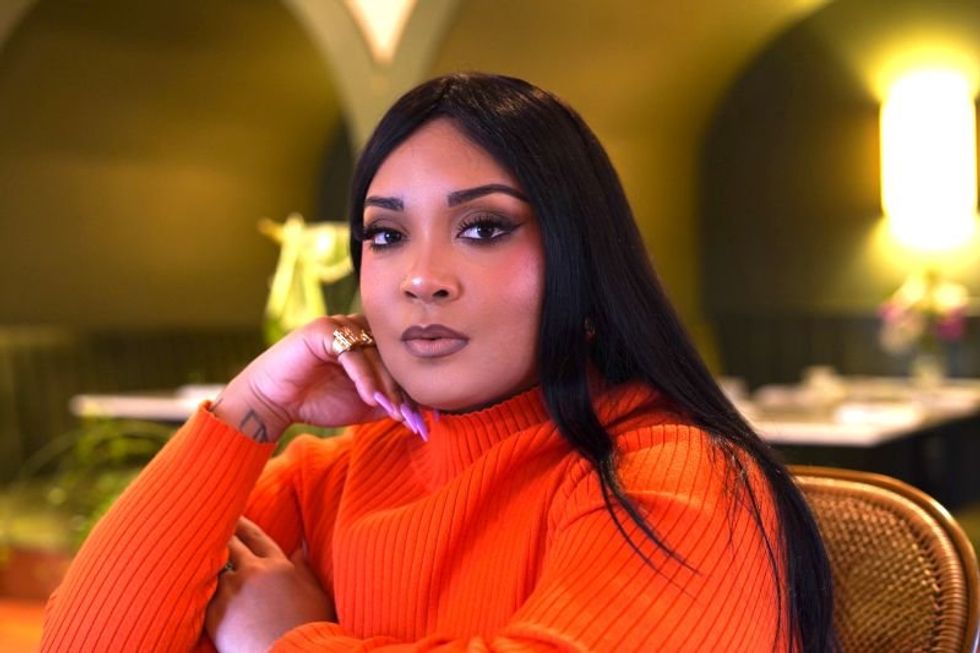
Instead, I was being thrown into conversations about the survival rate for endometrial cancer, preserving my fertility and preparing for being under medical surveillance for the rest of my life. It was difficult for me to suddenly think about not ever having children, or hearing that if I was treated and the cancer returned, I’d need a full hysterectomy. My mom also had cancer at the same time, having been diagnosed six months earlier, so we were all having very real conversations about mortality.
The oncologist said I didn’t have to undergo chemotherapy or radiation because I was so young and because my cancer wasn’t at an advanced stage. We did hormone therapy, which consisted of two pills in the morning and two at night. They were very hard on my body — I gained 25 pounds, and I was eating all the time and still hungry. I felt uncomfortable in my own skin.
After my treatment, I would see my oncologist every three months for surveillance to make sure the cancer hadn’t returned. I had to visit often because I was so young with this specific kind of cancer, which is usually diagnosed in menopausal women.
I was determined not to let cancer destroy all of my dreams. The month after my diagnosis, I traveled to Cuba and later went to Joshua Tree National Park. My medical team helped me develop a plan for my life after cancer, from surveillance to preserving fertility for when I’m ready to have kids. In 2020, I froze my eggs in case I need to use them later. Being thoughtful about how I wanted to move forward gave me peace of mind.
Last year I founded the Uterine Care Collaborative, an initiative to educate Black women on uterine cancer, fibroids, endometriosis and PCOS. It's an online community hub where women can go to learn about these conditions, how to manage them and how to have conversations with the women in your family about your family medical history. My hope is that the Uterine Care Collaborative will become a platform where women can learn and feel comfortable having these potentially lifesaving conversations.
As a public health communicator, my messaging is that self-advocacy is critical, especially for Black women, because we’re up against a system that does not always hear us, see us or include us in the research and the clinical trials. It’s important to say to women “Hey, if you're experiencing these symptoms, if you have this experience at the doctor's office, you don't have to just accept that. Get checked out.” If the answer doesn’t sit well with you, get a second opinion.
I come from a faith background and have always been a very joyful person. I can't afford to spend the rest of my life worrying about whether my cancer will come back or whether I'll be bleeding again for eight months or whatever the case may be. Last month, it was really exciting when my oncologist graduated me from surveillance every three months to every six months, but I accept I’m only in control of what I can control.
I’m 31 now, and I know my story is not over. Ultimately, it's all in God's hands.
This educational resource was created with support from Merck.
Have your own Real Women, Real Stories you want to share? Let us know.
Our Real Women, Real Stories are the authentic experiences of real-life women. The views, opinions and experiences shared in these stories are not endorsed by HealthyWomen and do not necessarily reflect the official policy or position of HealthyWomen.
- What You Need to Know About Endometrial Cancer ›
- Why Are Black Women More Likely to Die from Endometrial Cancer? ›
- My Endometrial Cancer Was Dismissed as Fibroids ›
- Doctors Overlooked My Endometrial Cancer Symptoms for More Than a Year ›
- My Endometrial Cancer Hid in Menopause ›

